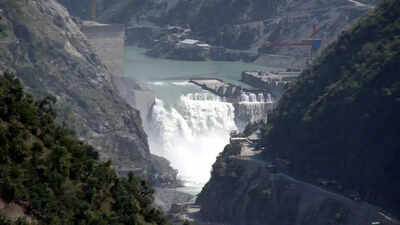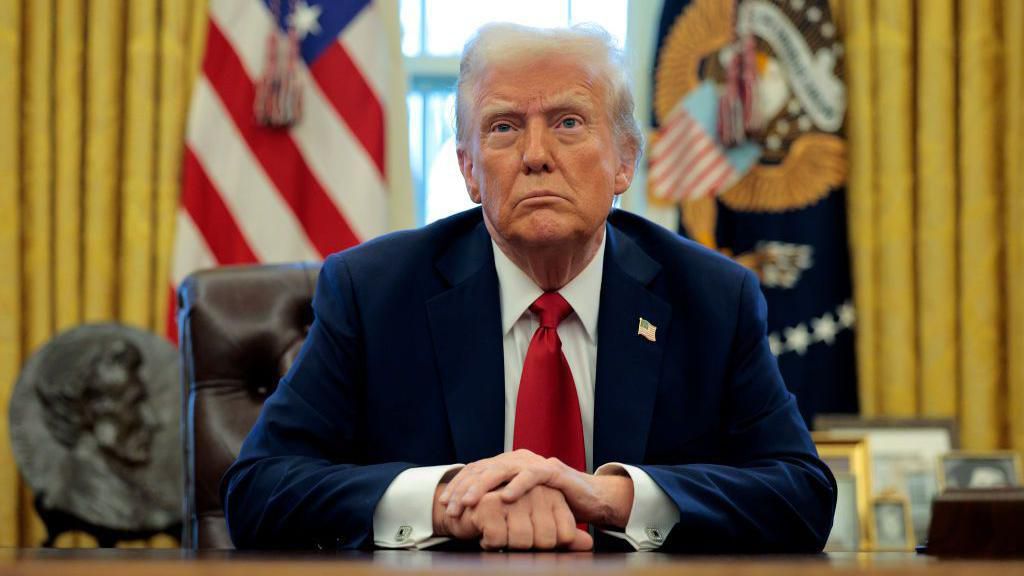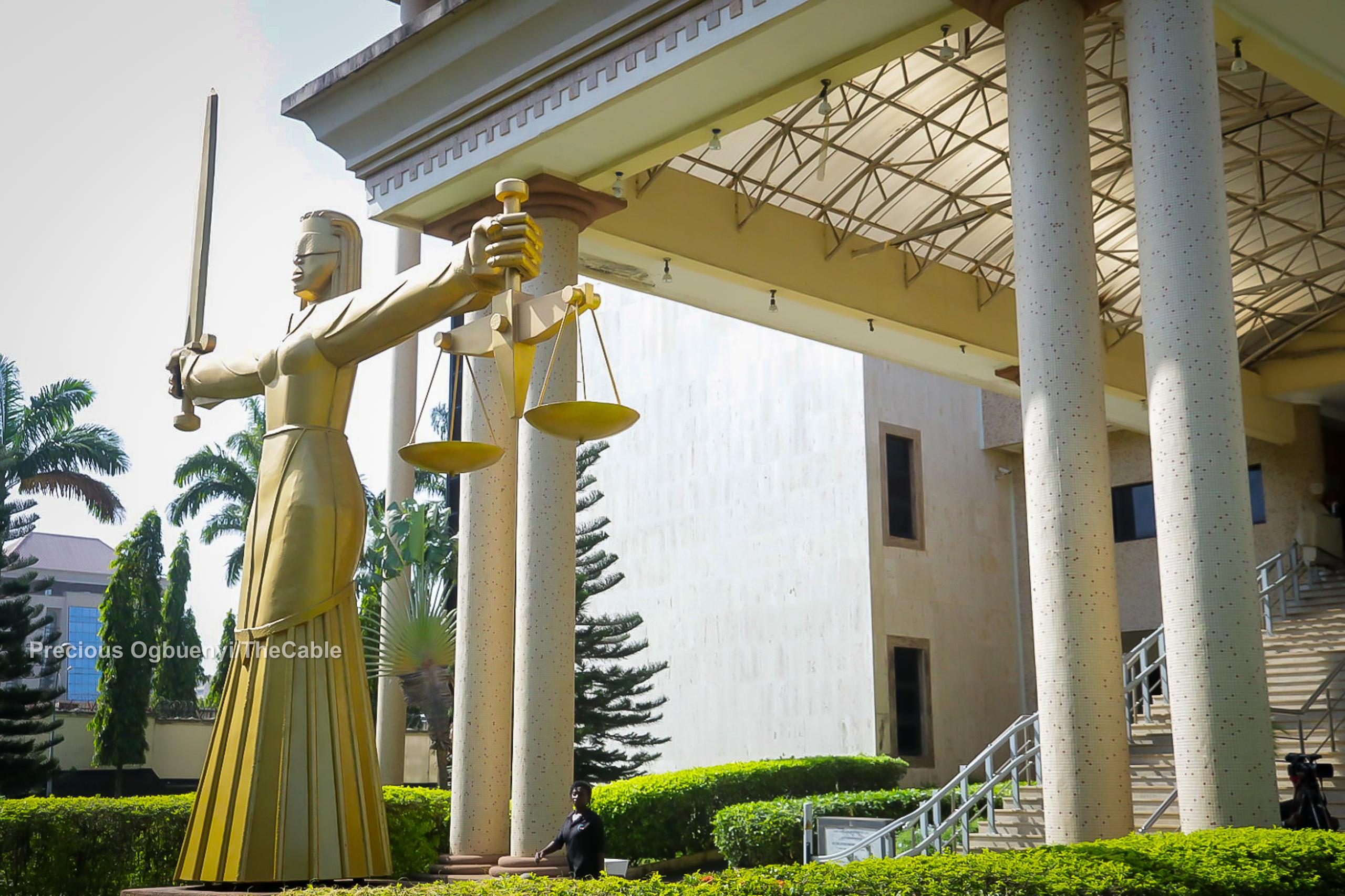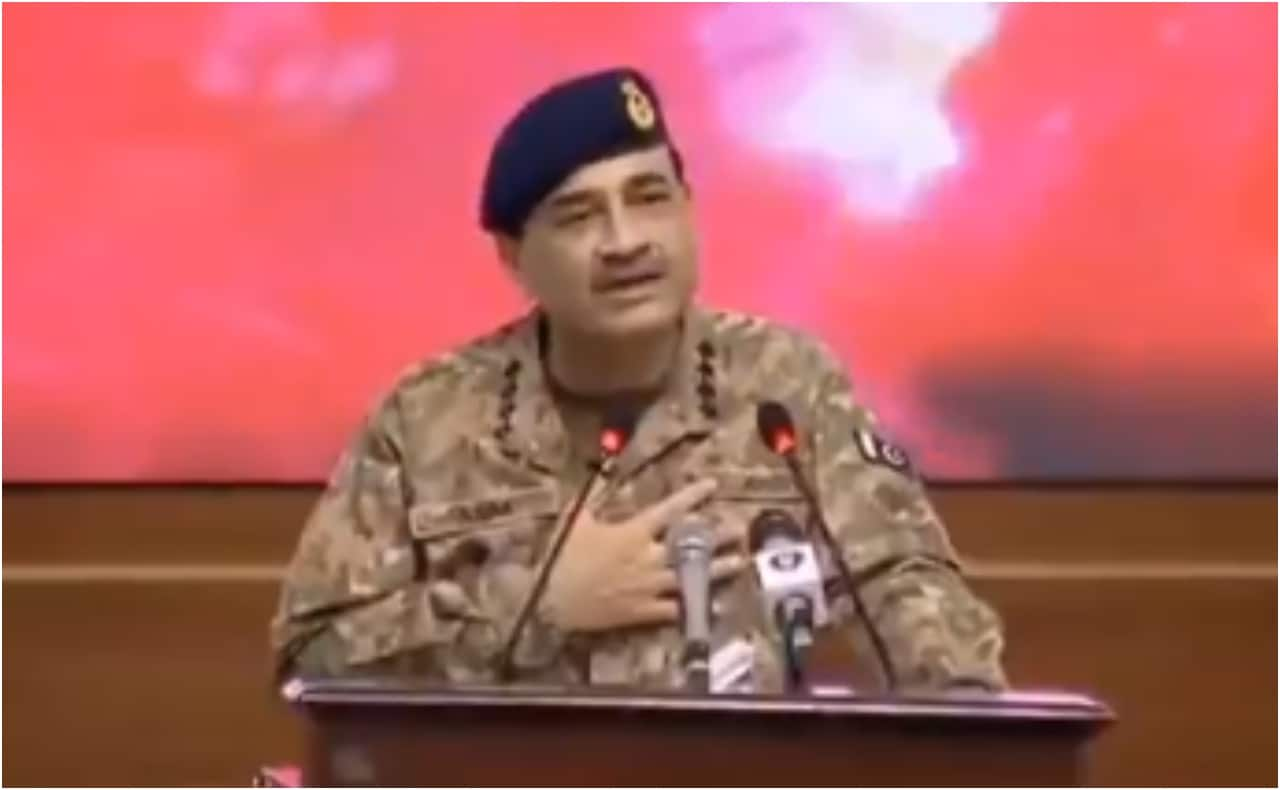Pahalgam terror attack: What is Indus Water Treaty and how will its suspension impact Pakistan? | India News - The Times of India

NEW DELHI: India suspended the Indus Water Treaty with Pakistan on Wednesday in the wake of the Pahalgam terror attack. This move was one of five major decisions made during a Cabinet Committee on Security (CCS) meeting led by Prime Minister Narendra Modi.
The Indus Water Treaty (IWT), signed on September 19, 1960, between India and Pakistan, is seen as a key example of cross-border water-sharing.
It was brokered by the World Bank after nine years of talks and signed by India’s first Prime Minister Jawaharlal Nehru and Pakistan’s President Ayub Khan to manage shared rivers.
According to the agreement, India has control over the eastern rivers—Ravi, Beas, and Sutlej—while Pakistan gets the waters from the western rivers—Indus, Jhelum, and Chenab.
The treaty benefits Pakistan as it receives about 80% of the total water flow from these rivers, which are vital for
agriculture in Pakistan
, especially in the provinces of Punjab and Sindh.
Follow live updates

According to the World Bank, the treaty set up a framework for fair and cooperative management of the
Indus River system
, which is essential for agriculture, drinking water, and industry in both India and Pakistan.
It outlined clear guidelines for the equitable sharing of the river and its tributaries to ensure both nations could meet their water needs.
The treaty gave India control over the eastern rivers—Ravi, Beas, and Sutlej—while Pakistan was given the western rivers—Indus, Jhelum, and Chenab.
However, both countries are allowed limited use of the rivers assigned to the other for specific purposes like irrigation and power generation.
When British India was divided in 1947, the Indus River system—which starts in Tibet and flows through both India and Pakistan, also touching parts of Afghanistan and China—became a source of tension.
In 1948, India temporarily stopped the flow of water to Pakistan, leading Pakistan to raise the issue with the United Nations. The UN recommended involving a neutral third party, prompting the World Bank to step in and mediate.
After years of negotiations, the Indus Water Treaty was finally signed in 1960 by Indian Prime Minister Jawaharlal Nehru and Pakistani President Ayub Khan to peacefully manage and share the vital river system.
Also read: 5 big CCS decisions taken by India following Pahalgam terror attack
The treaty's suspension would considerably affect Pakistan, as this agreement regulates the usage and allocation of water from the Indus River system and its tributaries, which are essential for Pakistan's water requirements and agricultural sector.











